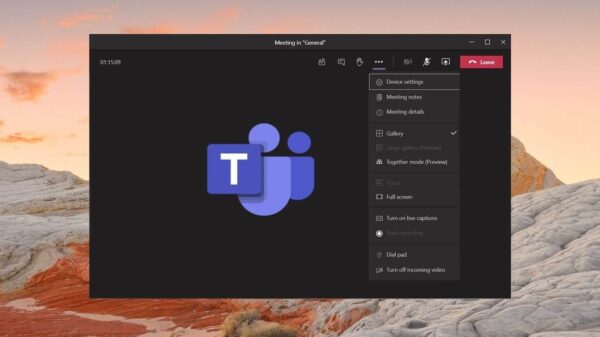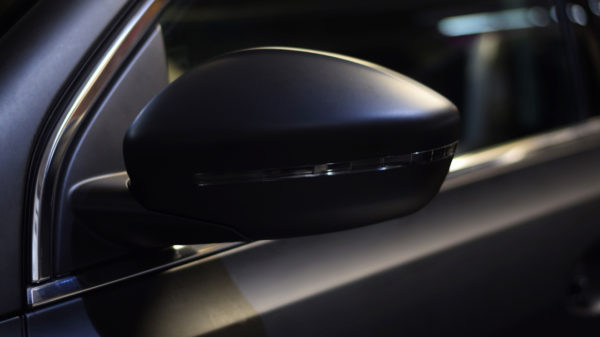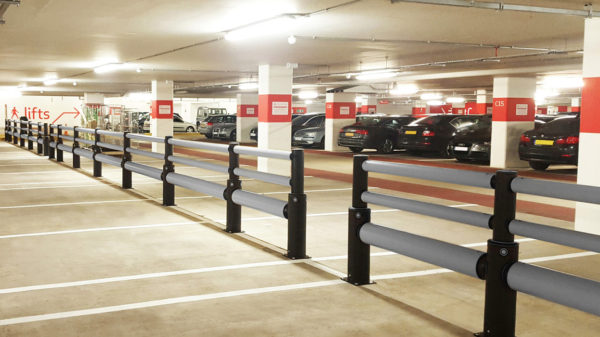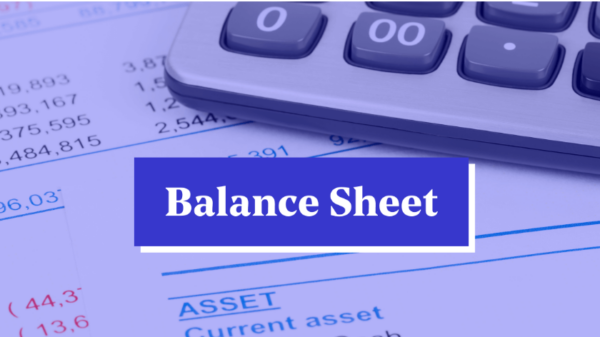Credit history is essential to getting a personal loan. Without a reliable credit history, it can be tough for borrowers to convince lenders to give them the loan amount. Your CIBIL score is a three-digit number between 300 and 900 that determines your eligibility to seek a loan. Those with CIBIL score equal to or more than 750 find it easy to get their loans approved. Depending on the extent of credit exposure in the past and frequency of loan repayments made, your CIBIL score is determined, thus, mandating you to check your score regularly.
Why Is It Important To Check Your CIBIL Score Regularly?
Every time you opt for a credit card or apply for a personal loan, your financial institution will prefer to calculate your CIBIL score before assenting to your request. Deemed an important factor before approving any financial instrument on credit, the CIBIL score is, in fact, a three-digit number that encapsulates your credit history and ability to repay. Four factors that make up your CIBIL score including:
- Payment History
- Credit Exposure
- Credit Type and Tenure
- Miscellaneous Factors
Does CIBIL score matter?
Ranging between 300 and 900, the CIBIL score is the numerical representation of your credit history. Credit score equal to or above 750 highlights an increased ability to repay the loan amount borrowed.
A low credit score means that you are not worthy of applying for any kind of loan. Lenders would shy away from advancing you any kind of loan or credit card. Also, since personal loans are mostly unsecured loans, there are chances that either your loan application would be rejected or would be granted at high-interest rate charges. Credit score nearing 900 is associated with an increased level of credibility, thus, making it easy to secure any kind of loan, be it a personal loan, car loan or house loan. Besides, credit card applications get easily approved too.
An increasing number of people are now aware of the concept of credit score, thanks to the plethora of information shared online by lenders and loan aggregator companies. However, many people continue to ignore and monitor it by themselves, out of either plain ennui or busy work schedules, thus, affecting their credit score adversely.

Why should you check your CIBIL score?
Your credit report is equivalent to your health score. A reliable method to test your credit health, it enables lenders to realize your loan or credit repayment ability. Since the CIBIL score report lists all the current and previous transactions, it makes sense to check it and keep a track of it regularly. This also prompts you to pay off any lingering loans or debts that you may have forgotten to clear in the past or foreclose them, if possible.
Zero records of your credit history will only make it difficult for your lenders to evaluate your creditworthiness and, hence, approve your loans, if required.
Having high CIBIL score helps
To monitor your credit score only is not enough; there is a need to maintain and retain a high CIBIL score. With this score on the higher end, you can avail the following benefits:
- Low-interest charges: Since personal loans do not require their intended borrowers to pay collateral as security towards the loan, they come with interest rates higher compared with other kinds of loans. That is why you must use the personal loan EMI calculator available online to check the instalments that would be required to be paid at a given interest rate. With a high credit score, you can negotiate with the lender regarding the interest rates. A high credit score translates to low-interest charges, thus, spelling a win-win situation for you.
- Eligibility for a higher loan amount: Your loan amount requirement may be different from what the lender might be willing to approve. Financial institutions prefer borrowers with a high CIBIL score. A high credit score till date means that you have honoured your loans and liabilities on time. This will ensure that the lenders will not shy away from approving the loan amount that you are looking for or intend to borrow.
- Approval for a credit card: You cannot simply walk into a financial institution and demand a credit card. There is a proper process involved wherein you would be required to share details of your income and information about your current and past liabilities before any financial institution approves your credit card proposal. A low or bad CIBIL score means that your credit card application gets outrightly rejected. A decent CIBIL score equal to or above 750 means that there is a fair chance of you walking out of the financial institution with a credit card in your wallet.
- Quick loan approval: Submitting documents required for personal loan is not enough. Since personal loans are unsecured, it becomes imperative for lenders to assess your creditworthiness before approving the loan amount and disbursing it to your account. A bad CIBIL score can ultimately result in loan rejection altogether, thus, hampering your credit history.
- Seeking any kind of loan: In an age of instant gratification, we look for loans to meet our immediate needs. However, lenders may be a bit apprehensive of lending you considering your inability to procure a high CIBIL score. A good credit score ensures that you get the loan you need sans any unwarranted hassle.































































You must be logged in to post a comment Login